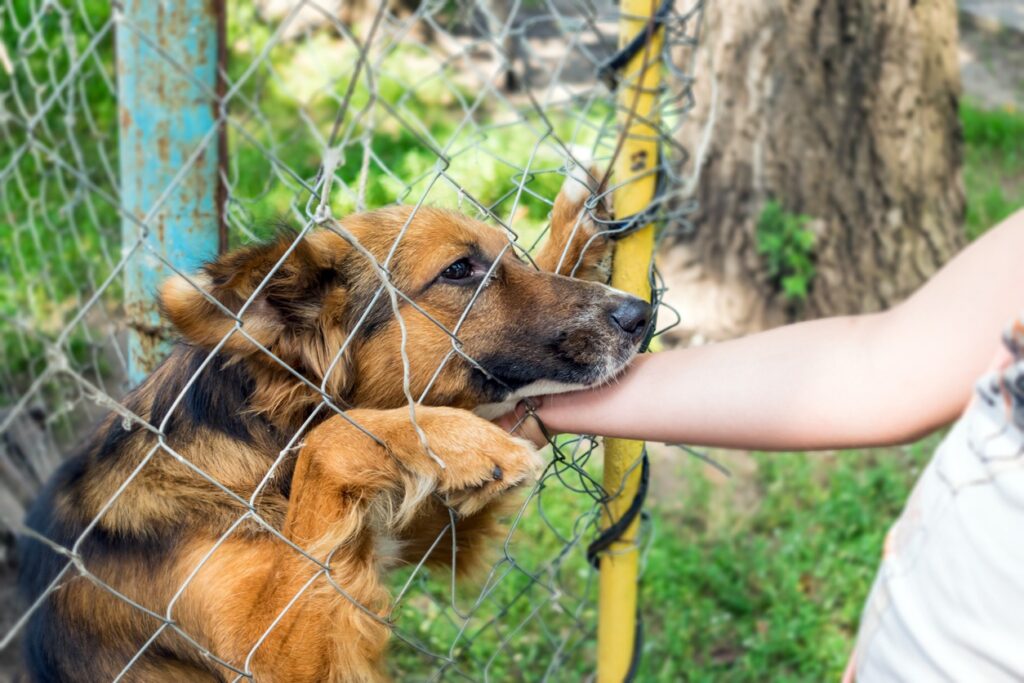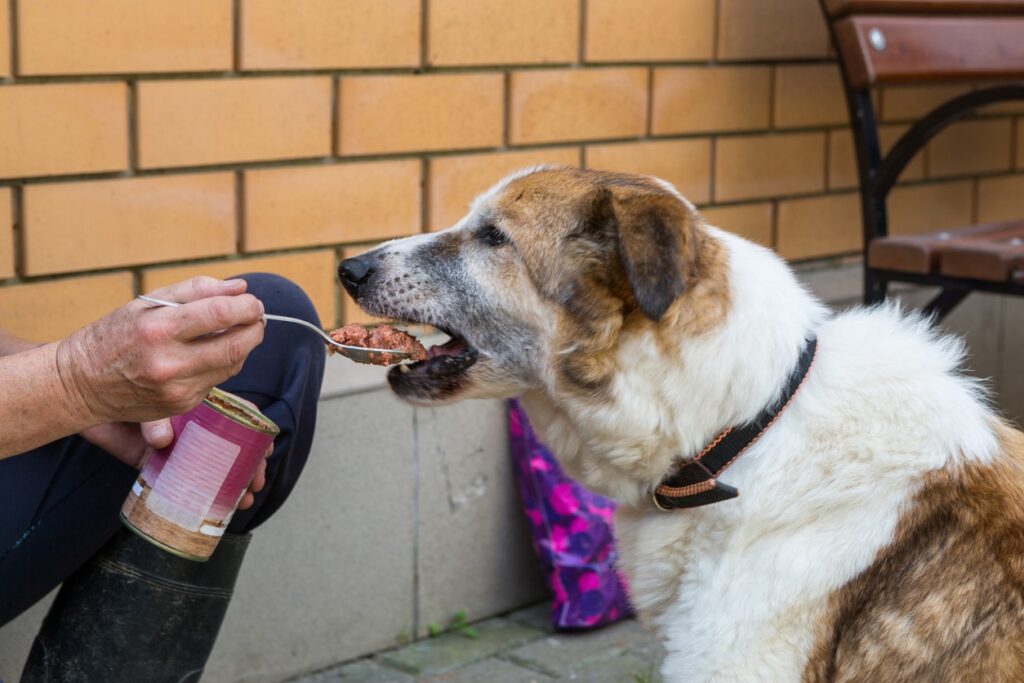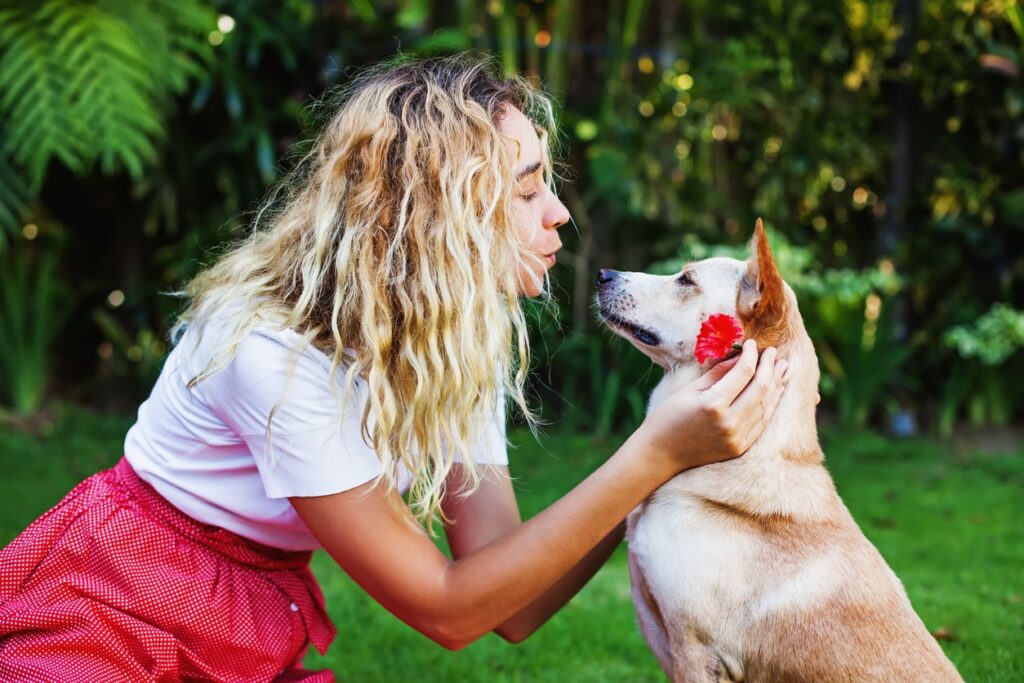If you want to help dogs, cats, and other animals at your local animal shelter, you’ll have many options. It would be best to decide which animal shelter you want to volunteer at, what types of duties you are capable of performing, and whether or not you can match the shelter’s criteria.
Don’t worry; there are many possibilities to volunteer at a shelter.
You don’t have to be an expert on animals to volunteer at your local animal shelter. You only need to have the time and willingness to assist others. It also doesn’t have to take a long time.
The most remarkable approach to aiding animals in need is volunteering at an animal shelter. It’s a win-win situation since you’ll do a nice act while also trying something new. When you volunteer, time flies by as well. You’ll believe you’ve only been there a few minutes, but you’ve been there for hours in reality. There’s also nothing like watching a dog’s joy while playing with them. You won’t want to go since your heart will be overflowing with delight.
Animal Shelter Volunteer Details
| Category: Outdoors, Social, Volunteering | Time: 2+ hrs | Skill: Some |
| Initial Cost: Free | Space: little | People: alone, small |
| Long-Term Cost: Low | Makes Money: No | Location: indoor, outdoor |
Who pursues this hobby?

People volunteer with animals for various reasons, but not everyone is up to the task.
Volunteering at a shelter may appear as simple as caressing kittens and strolling puppies on the surface. On the other hand, shelters require a lot more from their volunteers.
You might be wondering what kind of responsibilities you might have as a volunteer. Your shelter is probably asking what kind of tasks you’d be ready to take on besides playing with a bunch of puppies all day.
Although you may be asked to spend a lot of time with puppies and kittens, you may also be asked to:
• Dog walking
• Cat socialization
• Introducing pets to prospective adopters
• Unending cleaning
• Taking pictures of pets
• Landscaping
• Office tasks like printing
• Fostering
Determine which jobs you’d feel most at ease with at first, and make sure the rest of the team is aware of any limits you may have. As you volunteer more, you’ll develop a good pattern and may be able to take on more hours and responsibilities.
One of the essential qualities among volunteers is dependability. Shelters must know that they can rely on a core group of volunteers to keep the animals healthy and happy. So, if you know you’ll just be volunteering for a short period, let the staff know when you apply.
How to start with this hobby

Look for shelters near your home or business on the internet. Take into account the distance from your house, the type of animal, and the shelter’s requirements. If two animal shelters are immediately adjacent to one other, but one needs volunteers more urgently, it may be advisable to select the more urgent shelter.
Think about the animals you’d want to work with. Most shelters accept dogs and cats but finding one that accepts more exotic animals may be complex. You may have the option of working with either dogs or cats, or you may be required to work with both. Keep in mind that you might not be permitted to deal with the animals first. Before you can handle animals directly, you may need to work in a shelter for a while.
Inquire about onsite and offsite volunteer opportunities. Most shelters require volunteers to assist with activities such as walking dogs, handling cats, and grooming other animals. Many shelters, however, organize off-site adoption events or fundraisers that you might be able to assist with.
Tell the shelter if you have any specific abilities that pertain to shelter employment. Volunteers might help with the shelter’s website, provide legal assistance, contribute medical services, photograph adoptable animals for adoption websites, or even produce and donate unique art for sale.
Although you may be requested to care for animals and undertake maintenance work during off-hours, most volunteer opportunities come during a shelter’s open hours. Shelters are typically open seven days a week, with significantly shorter Saturday and Sunday hours.
Tips to take note of in volunteering

- Don’t be scared! Most animals are afraid and miss their families, and all they want is to be loved. Open your heart and show some compassion to the abused animals, and they will return the favor.
- Volunteers are precious! If you go in, expect to be appreciated for your presence and the things you do around the shelter! There are so many things to do, yet there isn’t enough time to accomplish them.
- Volunteering in a shelter is not the same as working at one. Volunteering entails giving your time without expecting anything in return.
- If you cannot volunteer, you may still support the shelter by making a monetary donation rather than volunteering your time. As a companion, consider adopting a friendly pet from a shelter.
- The majority of shelters will include a “Supplies Needed” list. Check to see if you have anything you might contribute to the shelter.
Benefits of volunteering

The following are some of the advantages of volunteering at an animal shelter:
1. Make new acquaintances. You’ll be surrounded by others who share your passion for animals, and some of them may become lifetime friends. This broadens your social circle and brings sympathetic people who share your enthusiasm for animal welfare. Other creatures, such as guinea pigs, rabbits, and even birds, wind up in shelters, so you’ll also learn about them.
2. Your actions will assist an animal in preparing for adoption and increasing its chances of finding a new home. The requirements of the animals that come into the shelter differ. A feral cat may require socialization, a dog may require mat removal, and a guinea pig may be underweight. Animals who seem happy and healthy have a better chance of getting adopted, and shelters need your help.
3. Improve your mood as well as your health. Volunteering makes us feel good about helping others, reduces stress, feels wanted and valued, increases happiness, and so much more. In a 2007 research published in Natural Health magazine, 95 percent of volunteers stated they experienced a “helper’s high” – a sensation of happiness and enthusiasm. Volunteering is an enriching experience, and what better way to spend a day than with cuddly and fuzzy companions?
4. Acquire experience. Whether you’re answering phones, packing mailers, grooming, or setting up meet-and-greet meetings with potential owners, you’re acquiring valuable expertise in various areas that can help you in other aspects of your life. Young individuals can get to know animals better, receive experience with a structured schedule of tasks, and get a reference for a job or college application. Working adults can include it on their resumes or incorporate it into their philanthropic projects and work-related events. Being part of an essential team while looking for a job might provide someone unemployed with a boost in self-esteem and confidence.
5. It’s exciting to try something new! A new hobby may be exhilarating and provide a welcome change of pace from a routine. Why not make something fresh out of it by volunteering? You’ll earn a slew of other advantages, and the surge of joy you’ll feel when a pet you assisted finds a new “forever home” is nothing short of incredible.
6. Continue to be active. Volunteering keeps your mind, body, and emotions engaged and in good shape. Sitting in front of the television on weekends may get tedious and leave many of your abilities untapped. Using that time to volunteer keeps you thinking, moving, and feeling and increases your physical mobility. Besides, playing with a dog seems more fun than sitting on the couch!
7. Become a member of a significant group. To keep operating, animal shelters require both money and volunteers. Some of them are continually facing closure, and you may be the other hand, that helps another pet find a home, shepherds another contribution, or inspires a new volunteer. The animals continue to arrive, and additional humans are required daily.
Conclusion

Volunteering with animals may be a long-term commitment that isn’t always simple or convenient. Still, it is one of the most gratifying experiences possible if you can stay with it. All it takes is a little commitment and a lot of love.
Volunteering at an animal shelter is a beautiful way for a pet lover to give back to the community. The most straightforward approach to volunteering at an animal shelter is to go there and express your desire to help. If the organizer has the time, the individual should seek a shelter tour and inquire about volunteer responsibilities. Exercising the dogs, feeding the animals, cleaning, and spending time with the animals are all examples of volunteer labor in an animal shelter. A volunteer at an animal shelter has the critical task of ensuring that the animals remain healthy and happy until they are ready to be adopted by a new family.
